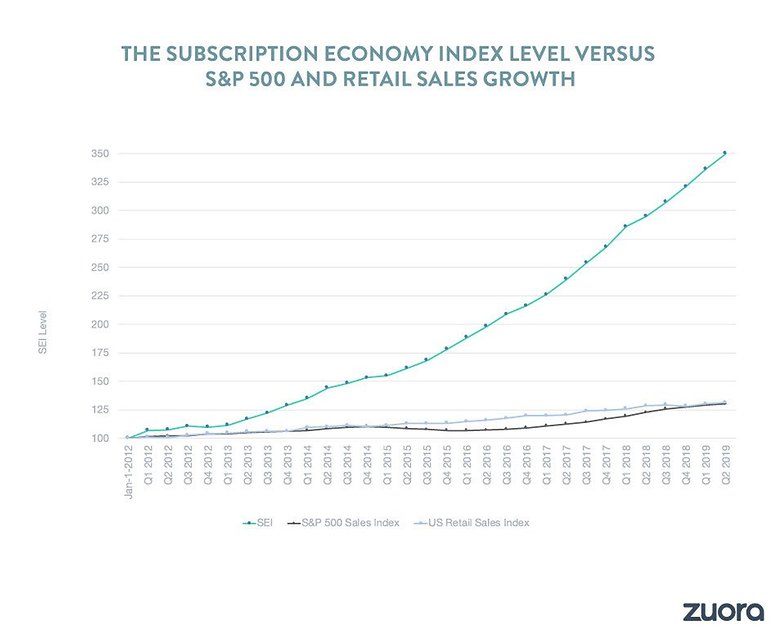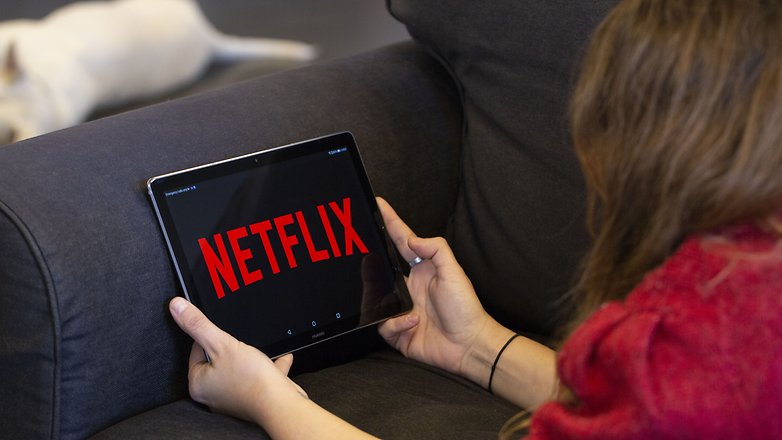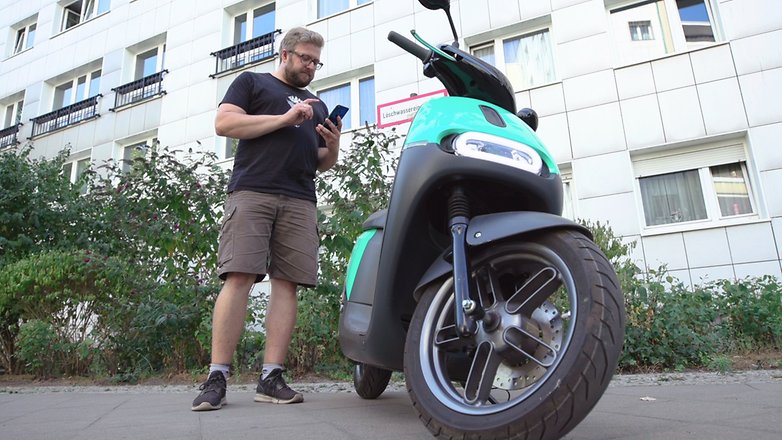When was the last time you listened to your favorite record or watched your favorite movie using a physical copy you actually own? Netflix and Spotify may have changed the way I 'buy' music and film these days, but the subscription economy is reaching much further and much wider than that. Here's what it means for consumers.
You can subscribe to almost anything these days. According to industry experts, people are caring less about owning stuff, and caring more about having access to stuff. There's a very big difference there. Let's take a look at an example so we're all on the same page.
I used to own stacks of CDs. Now I use Spotify Premium. My shelves are now free and I have all the music I love on-demand, on my phone, on my computer, on my TV, both online and offline, anywhere. But I don't own any of this art the way I used to own those CDs. If I cancel my subscription, all of the music goes away. If Spotify decides to remove all of Radiohead's albums, I can no longer listen to them (no great loss, they're overrated, but you get my point). This is the model we are moving towards, and consumers are lapping it up!
The numbers don't lie, ownership is dying
The growth of the subscription economy is rapid and relentless. According to Zuora, the leading cloud-based subscription management platform provider, the subscription economy has grown by 350 percent in the last seven-and-a-half-years. Consumers have increasing demand for access to convenient, digital services over the ownership of physical products. By 2020, 50 percent of the world’s largest enterprises will see the majority of their business depends on their ability to create digitally-enhanced products, services, and experiences.

"The Subscription Economy is not limited to one or two industries. We’re now seeing sectors far and wide placing subscriptions, over pure-play products, at the center of their businesses to achieve rapid and sustained long-term growth," said Dr. Carl Gold, Chief Data Scientist at Zuora. "The SEI report showcases the transition to subscriptions beyond the boundaries of traditional SaaS organizations into the Manufacturing and Business Services sectors, exposing the phenomenal value of the subscription business model in today’s digital age."
According to a survey Zuora recently conducted in conjunction with YouGov, 82 percent of people in the UK now subscribe to at least one product or service. This includes services such as Hello Fresh, Zipcar, coffee subscriptions, and digital services such as Netflix, Amazon Prime Video and Music, Spotify, Adobe Creative Cloud, the list is endless.

Is the subscription model actually better for consumers?
As a participant in the subscription economy, I have mixed feelings about the way the market is going. There are services where I am happy to give up ownership. Music is a good example. Spotify is amazing, and I do not miss owning the music. If I really want to, I can buy the vinyl LP and have the best of both worlds. But what about when that is not an option. For photo editors, not being able to buy a copy of Photoshop, for example, must be a pain. The only way to have access to the software is via a subscription to Adobe's Creative Cloud.
Then there's the example of Flywheel. Owners, who had spent $1,999 on the connected bike, woke one morning last month to find that their bikes would no longer function because of a patent dispute with Peloton, Flywheel's main competitor. Customers' two-grand bikes are now bricked - not cool! This is not a new phenomenon. We've also seen similar things happen with Sonos. This is a bigger issue that not owning the content we watch on Netflix or the music we listen to on Spotify. When hardware is so reliant on software, do you really even own that hardware at all?
There's also an issue of rising costs for consumers here. When I used to live in the UK back in 2013, a single subscription to Sky Sports would give me access to all the English Premier League (EPL) matches broadcast on television. Today, an English football fan has to pay three broadcasters (Sky, BT Sport, and Amazon) to have access to the same number of games. Watching the EPL on TV wasn't cheap seven years ago, but now it is extortionate.
"For companies, it’s a no-brainer," said Jeff Wlodarczak, an analyst at Pivotal Research specializing in online subscription services, in an interview with British newspaper The Telegraph in October 2019. "For the consumer, I suspect that in most cases they are paying more than they need to."

Car ownership is one area where I do see the benefits of the subscription model, however. With growing ecological concerns, owning your own car that sits static for the majority of its life feels outdated. Sharing is caring, in this context. But my support for subscription models in the field of urban mobility is not based on simple economics. There are environmental gains here that offset some of the financial costs of paying for access compared to owning outright.
So consumers are paying more to own less. Are we are all letting it happen on our watch. It's something that sits uncomfortably with me. What do you think? Tell us about your experience with the subscription economy below the line.
Read More Open link https://ift.tt/3coXM7T
0 Response to "How the subscription economy lead to the death of ownership"
Posting Komentar